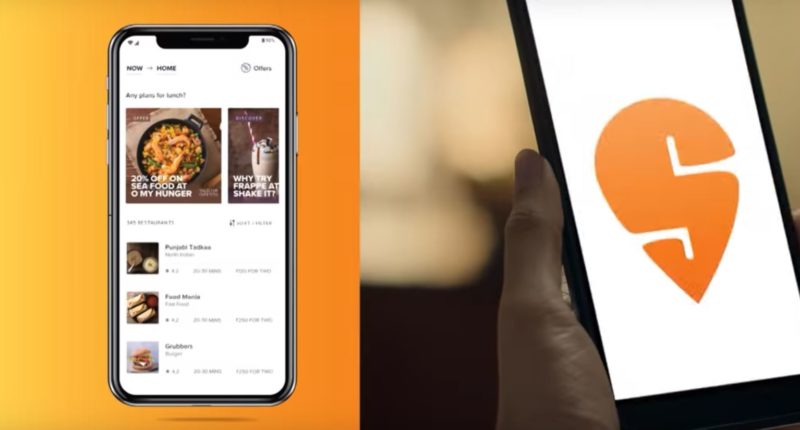Coronavirus fears have resulted in companies asking almost their entire workforce to work from home. And while companies adopt such measures to ensure that the virus doesn’t spread through communication, this has resulted in a massive uptick in demand for services of apps such as Zomato and Swiggy.
However, a major concern at times such as these, is maintaining hygiene of the delivery fleet that these apps operate. And to address those concerns, these food delivery apps have decided to go the extra mile by focusing on additional hygiene training for the delivery staff who come in direct contact with the customers. Both Zomato and Swiggy server a combined total of over 2.2 million customers on a daily basis, thus making it extremely critical to maintain hygiene.
To start with, both companies have asked customers to let the delivery staff leave their package at the doorstep. This is a measure, which is pretty similar to what their counterparts in the UK and US have adopted.
In terms of workforce welfare, both these platforms have offered insurance and financial support in case they are infected. Swiggy, as a part of its proactive measures has offered training to its staff in best practices for respiratory hygiene, proper and frequent hand washing and identification of symptoms associated with the pathogen.
The company said in a statement that in order to ensure financial safety, it is committed to supporting delivery staff financially, providing them free medical consultation and financial support in case they display symptoms. The company has also asked its customers to raise complaints related to the same, if they have any, through their app.
Zomato is working on compensation plans for its delivery staff with its investors, in case they get infected.
Due to the newly declared pandemic, business at dine-in restaurants over the past couple of days has come down by 20-40%. COVID-19 however has affected more than just one sector. Delhi government ordered the closure of all cinema halls on Thursday until March 31st. Schools and colleges in the city-state that are not currently holding exams have been closed down as well. President’s house, or the Rashtrapati Bhavan is also to remain closed to the public. As a precautionary measure, Kerala and Jammu & Kashmir have also closed down cinema halls and primary schools.
As cases rose to 81 at the time of writing this piece, tourist visas into the country have been cancelled. The virus has taken grip on the economy as executives in malls recognised a footfall of 20-25% of usual, over the past couple of weeks. Companies have given out warnings and necessary precautions to their workforce and have asked them to work from home.
The Tech Portal is published by Blue Box Media Private Limited. Our investors have no influence over our reporting. Read our full Ownership and Funding Disclosure →






